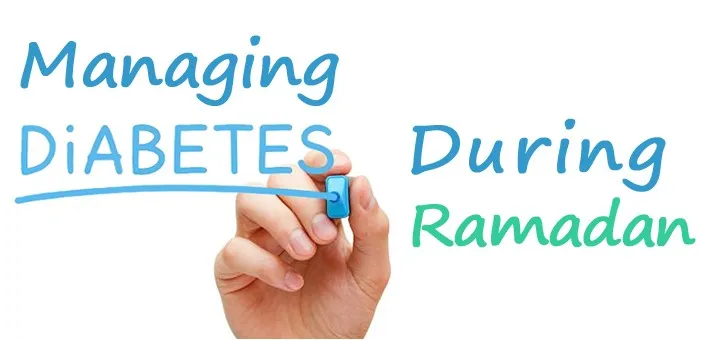Muslims with type 2 diabetes that fast during Ramadan could benefit from educational programs, according to a study presented at the Annual Congress of the American Diabetes Association (ADA) in Boston.
Ramadan is the ninth month of the Muslim lunar calendar, when the Qur'an was revealed to Muhammad, according to Islamic doctrine.This year, the month begins on June 18 in most countries.
Muslims fast from dawn to sunset.Diabetics are exempt from fulfilling the obligation, but many choose to fast, according to Dr. Mahmoud Ibrahim, endocrinologist and director of the Center for Education in McDonough Diabetes, Georgia.
"Our mission is not to ignore them, but try to help them with a safe fasting," he said by telephone.
According to Ibrahim, Ramadan's fasting has two types of risk for people with type 2 diabetes or adult age.
First there are complications, such as the fall or increased blood sugar level, ketoacidosis (a potentially fatal metabolic imbalance), dehydration and clots.Then, Muslims often eat excessively after fasting, which generates weight gain.
"The decision to fast is, in fact, an interaction between three main elements: the individual, his religiosity and his doctor," Ibrahim said."People with type 1 or insulin -dependent diabetes, children, diabetic women and pregnant women should not fast."
The ADA recommends that people with type 2 diabetes who help during Ramadan receive information on how to do it safely.In the Congress of the ADA, Ibrahim presented the results of a study on 774 men and women with type 2 diabetes who fasted during the 2014 Ramadan.
The participants attended one of 16 clinics in Egypt, Iran, Jordan and Saudi Arabia.Half of the centers offered a personalized education program, while the other half continued to use habitual attention.
The educational program included advice on food planning, physical activity, glucose control and acute metabolic complications, in addition to designing a personalized treatment.
After Ramadan, Ibrahim's team found that participants who had received personalized education were more likely to have modified treatment during Ramadan, controlled blood sugar values twice per day or more and better recognize signs andHypoglycemia symptoms, in addition to having decreased the BMI significantly and having improved glucose control.
The group recorded more minor and moderate hypoglycemia, but less serious hypoglycemia.
Ibrahim explained that the study published in British Medical Journal was limited to diabetics that did not need to apply insulin or had diabetic complications.


